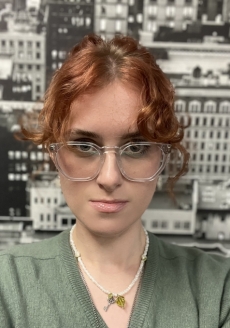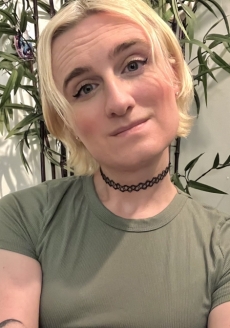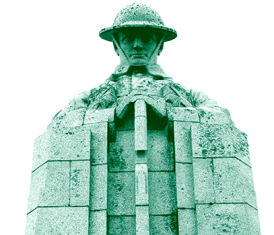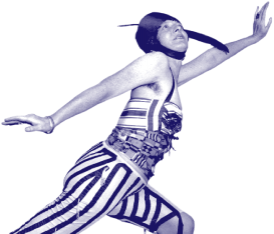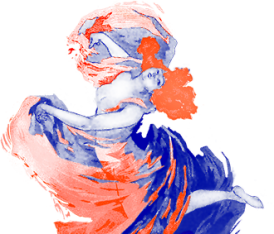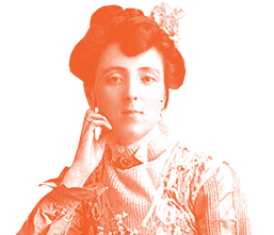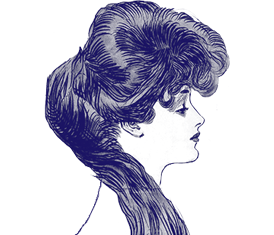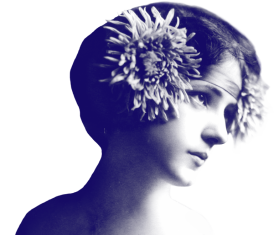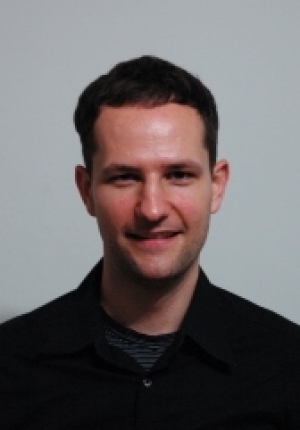
- Alumni, Postdoctoral Fellows & Visiting Scholars
- PhD
- Ryerson University
Contact
Dr. Stephen Voyce
Dr. Voyce is a proud MLC Alumnus and no longer with the Centre.
Dr. Stephen Voyce held a two-year (2009-11) SSHRC-funded Postdoctoral Fellowship in the MLC Research Centre under the supervision of Dr. Irene Gammel. Dr. Voyce’s research and teaching interests include contemporary poetics, community studies, experimental modernisms, and digital cultures. During his tenure at the MLC Research Centre, Dr. Voyce completed his first book manuscript entitled Poetic Community: Avant-Garde Activism and Cold-War Culture, and secured a contract with the University of Toronto Press. He began work on a second major project called "Open Source Culture: Poetry, Appropriation, and the Public Domain.”
In 2011, Stephen accepted a tenure-track position as an Assistant Professor in the English Department at Iowa University, a major US research university with an enrollment of 30,000 students. A part of his position was to build up the Public Humanities in a Digital World initiative, drawing on his already well established expertise.
Books
Stephen Voyce is the author of Poetic Community: Avant-Garde Activism and Cold-War Culture (University of Toronto Press, 2013), the editor of a book of variations: love – zygal – art facts (Coach House Books, 2013) and the director of the Fluxus Digital Collection.
Other Publications
Voyce, Stephen. "'Make the World Your Salon': Poetry and Community at the Arensberg Apartment". Modernism/Modernity. Volume 15, Number 4 (November 2008): 627-646. To read the article, clickhere.
"The Practice of Community: bp Nichol and Steve McCaffery in Collaboration.” bp Nichol + 20. Spec. issue of Open Letter 13.8 (Spring 2009): 64-76.
"The Xenotext Experiment: An Interview with Christian Bök.” Postmodern Culture 17.2 (January 2007): <http://muse.jhu.edu/journals/postmodern_culture/toc/pmc17.2.html>.
"Toward an Open Source Poetics: Appropriation, Collaboration, and the Public Domain.” Criticism: A Quarterly Journal for Literature and the Arts 53.2 (Spring 2011).
"There’s Plenty of Room at the Bottom’: Poetics Under the Microscope.” Restoring the Mystery of the Rainbow: Literature’s Reflection of Science. Eds. C. Barfoot and V. Tinkler. DQR Studies in Literature. Amsterdam: Rodopi Press. Accepted and Forthcoming, Fall 2010.





